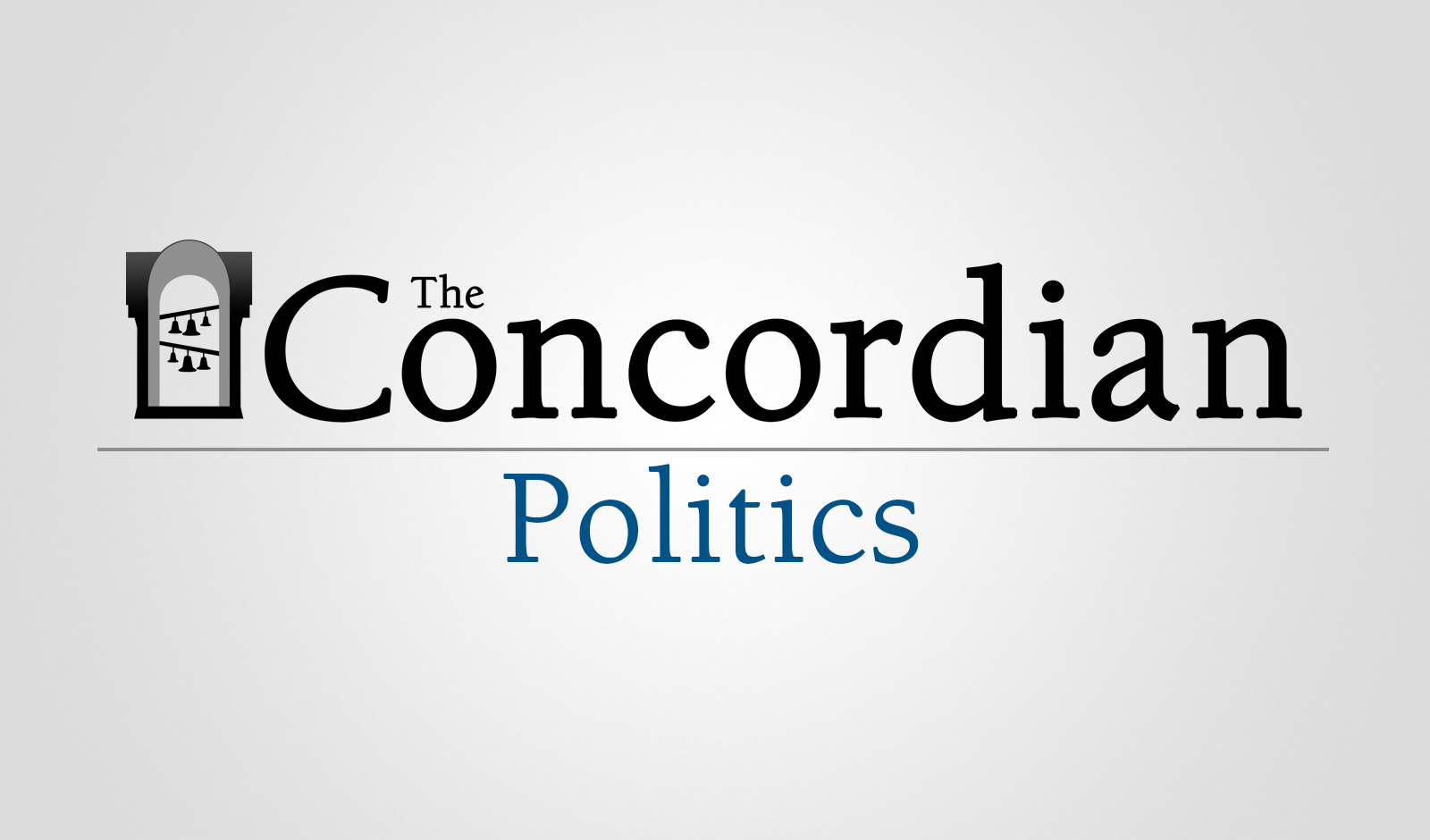Russia decided to annex Crimea this week. Before that, Crimea was a part of the Ukraine, and had been since 1991, as it became independent as the Soviet Union collapsed. Crimea has a long, complicated history with the former Soviet Union. Seeing Putin pull the Crimean peninsula back feels a lot like seeing a controlling, egotistical ex-husband coerce his former wife into coming back home.
The rest of the world is understandably concerned. President Obama spoke Thursday morning to give an update on American action in response to Russia’s actions. In summary, the US will be ratcheting up already-existing sanctions, most notably on Russia’s energy exports. Obama acknowledged that there would be global economic ramifications for these sanctions.
There will be negative implications for the United States because of this, particularly economically. There’s no doubt that most Americans won’t understand why we’re willing to suffer for Russia’s bad actions.
Russia’s actions undermine the respect for sovereignty that is a well-established norm in the international community. By violating the Ukraine’s borders for expansionist means completely undermines what the post-Westphalia international community has built itself upon.
Political philosopher Michael Walzer illustrates the application of Just War Theory to modern day society in his work Just and Unjust Wars. Just War Theory is a widely respected and utilized framework from which to analyze whether or not it is ethically justifiable to go to war, and is also used to analyze actions within war. Just War is taught at Western military academies, and is relied upon in military decisionmaking. Because of its wide application, it’s natural to analyze the Crimean conflict within this framework.
Walzer bases all of Just and Unjust Wars on the principle of respect for the political community. A group of individuals making up a legally-respected state have the right to have their will acted upon by their political representatives. They have the right to be free from intrusion from other states who wish to impose their political will on others. They have the right to self-determination.
Obama’s words on Thursday echoed this sentiment. Obama deemed Russia’s actions “illegitimate” and asserted that Russia must respect the “rights of all Ukrainian people to determine their own future, as free individuals and as a sovereign nation.”
Obama and his chief strategists are still in the process of determining what the United States will do to respond to Russia’s illegitimate force. When analyzing from the view of Just War, the US would be entirely within its ethical rights to intervene militarily. Because Russia illegitimately intervened with force, a counterbalancing force is ethically justified.
But Obama won’t intervene. He won’t start the next Cold War. Tensions between the United States and Russia are high, but the stakes are too high for the global hegemon and a (self-perceived) great power to go to war over state sovereignty of a peninsula of two million people. Perhaps the United States would be more likely to go beyond sanctions and to military might in an alternate world in which Americans weren’t war weary, knew where the Ukraine was, and understood the importance of state sovereignty. However, it’s very unlikely that that world could ever be borne out in reality. For now, we’ll just continue to see harsh words and economic sanctions.

